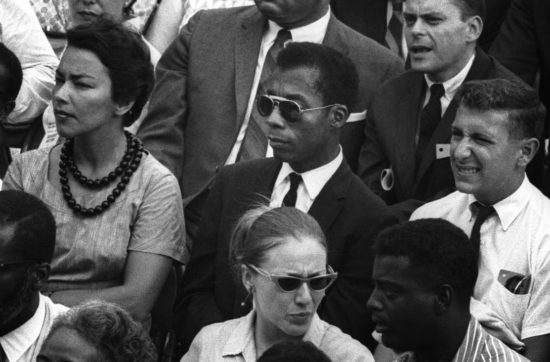

By Ryan Fournier
“What white people have to do is, try to find out in their own hearts why it was necessary to have a nigger in the first place, because I am not a nigger. I’m a man. But if you think I’m a nigger, it means you need him.”
-James Baldwin
Author James Baldwin said the future of America depends on white people’s ability to ask themselves that question: why do they need to believe black people are some separate group, beneath whites?
Baldwin’s work connected him to the lives and work of Malcolm X, Medgar Evers and Dr. Martin Luther King Jr. In 1979, years after all these men were assassinated, he resolved to tell their stories in a book, to be titled “Remember This House.”
“A journey is called that because you cannot know what you will discover on the journey, what you will do with what you find, or what you find will do to you,” he wrote in a letter to Spartan Literary Agency, relating his plan for this new undertaking.
The path he imagined would lead him to places drenched in memory, and to the surviving families of these fallen American leaders.
When Baldwin died in 1987, 30 pages of notes were all he left of that work.
Raoul Peck’s film, “I Am Not Your Negro,” ties the Civil Rights Movement of the ‘50s and ‘60s to the present day #BlackLivesMatter. It explores Baldwin’s life and writings, and attempts, in a way, to complete his unfinished telling of the stories of X, Evers and Dr. King, and the fateful period of American history they were part of.
A portion of the film was shown in Studium Generale on Jan. 18, along with a presentation by student Nitasha Lewis and professor Helen Lovejoy.
The two discussed Baldwin’s life, as well as Dr. King’s “Six Steps for Nonviolent Social Change.”
The full film was shown at 7:00pm that night in Maier Hall as part of the ASC sponsored Magic of Cinema series.
It can be viewed for free at http://www.pbs.org/independentlens/videos/i-am-not-your-negro/
